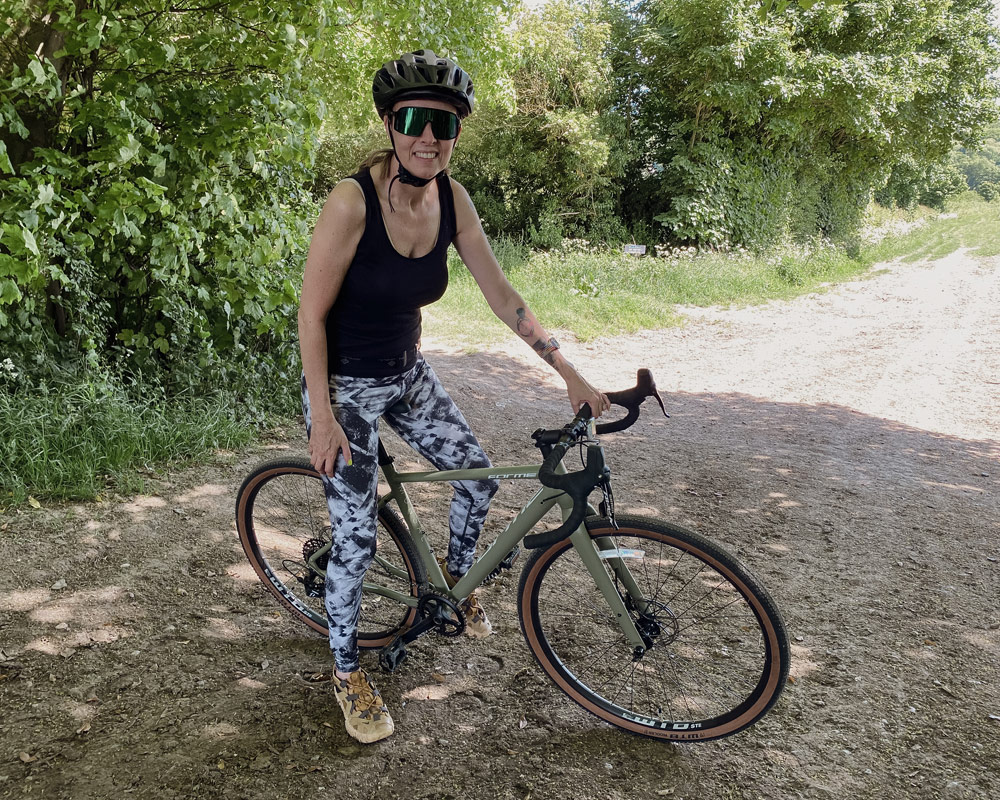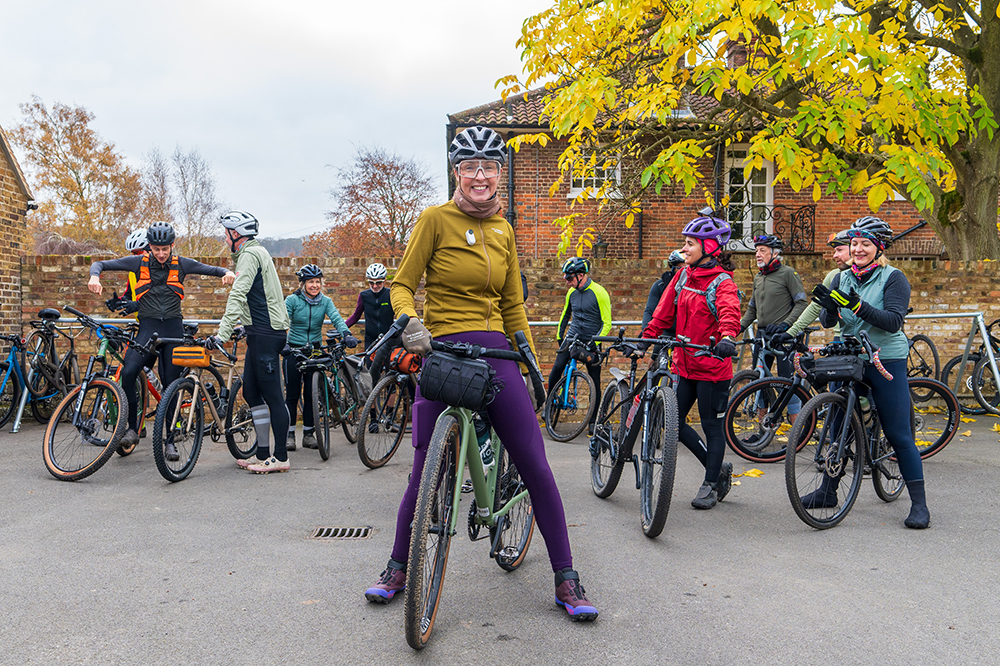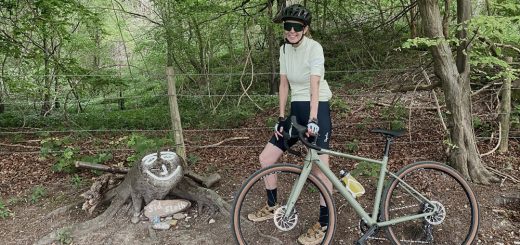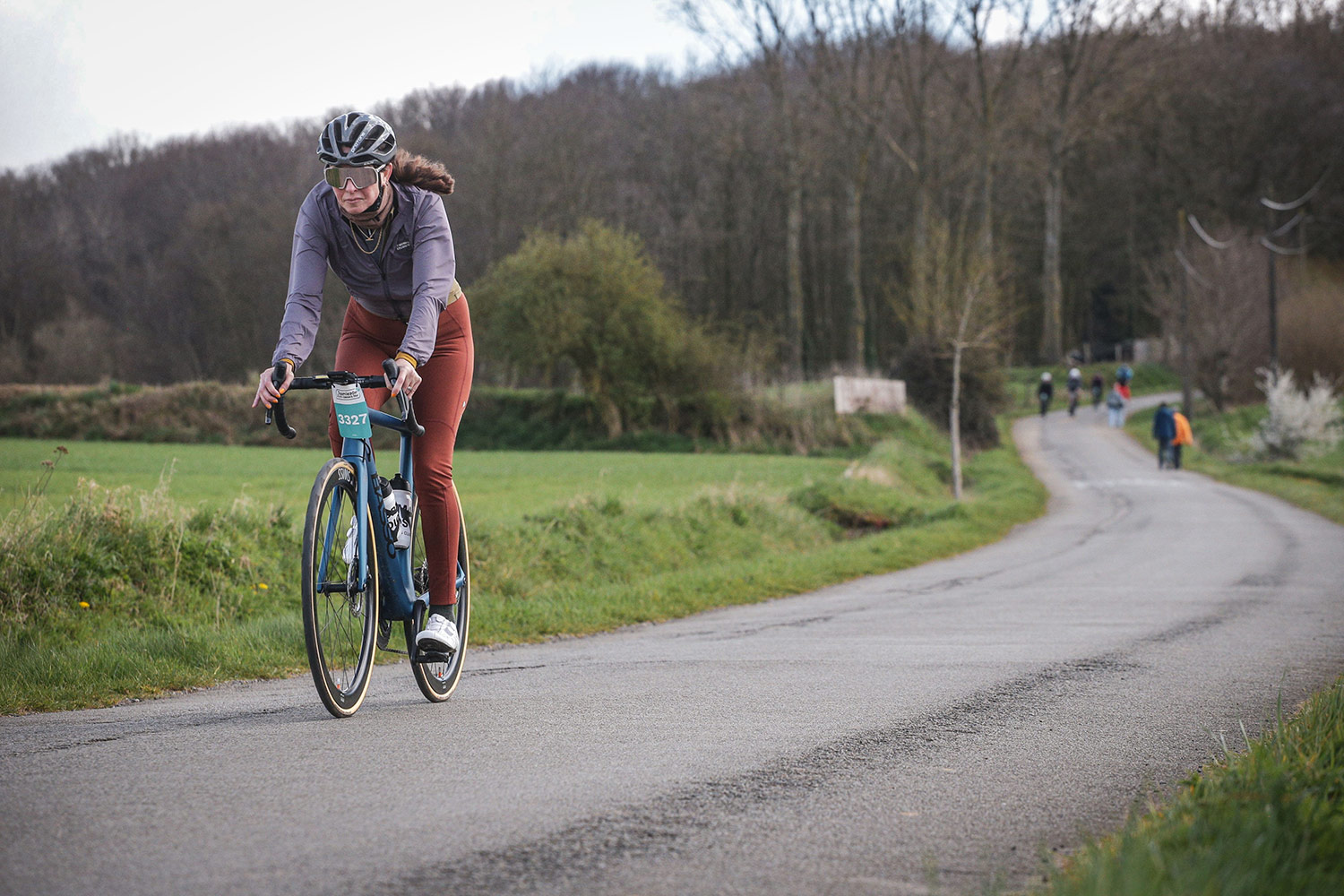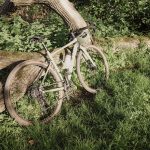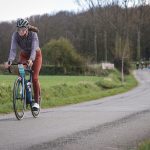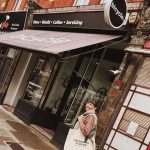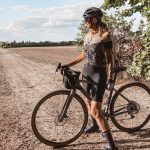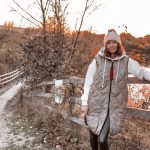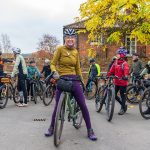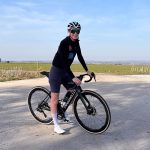The Rollercoaster of Perimenopause
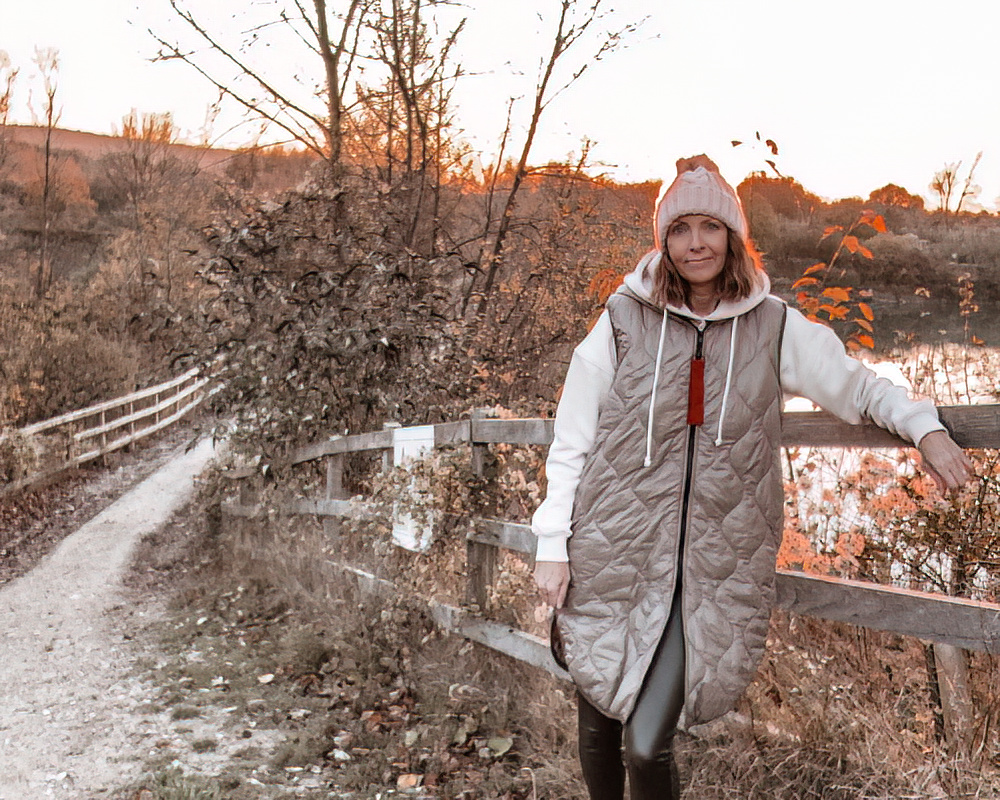
2019: The Beginning of My Menopause Journey
I never imagined when menopause symptoms might creep into my life. At 44, it blindsided me. One night, I went to bed feeling fine and woke up having a full-blown panic attack, something which I’d never experienced in my life before. I thought I was dying. My husband had to rush me to the nearest emergency clinic, but after a series of tests, nothing was conclusive and the doctors put it down to severe dehydration. They didn’t even mention perimenopause.
At the same time, my confidence at work began to crumble. As a professional wedding photographer, I had loved my job for over a decade, but something had shifted. I second-guessed myself constantly, and the stress became unbearable. I decided to step away from weddings, but I never connected my anxiety to perimenopause.
A visit to my GP led to a prescription for antidepressants, menopause wasn’t even discussed. Initially, they plunged me into a terrifying spiral of panic attacks and intrusive thoughts. Slowly, things improved, but I still felt far from normal. Then, in 2020, COVID-19 arrived. I lost my Mum that April, and while the antidepressants dulled my grief, the pandemic gave me an unexpected break: I cancelled all of my future wedding bookings, refunded deposits, and felt relief despite the financial strain. Yet, I was treating the symptoms, not the cause.
I began to feel more on an even keel with the anti depressants and in the beginning I was just happy to be that way. I couldn’t cry, I couldn’t laugh and I didn’t have any mood swings either but I was still suffering with anxiety. Again I didn’t connect the dots. Three years on anti depressants and I wondered if I would be on them for the rest of my life. I’d been on them before for a couple of periods of my life but had managed to come off them with medical advice and had felt much better but this time it was different.
I mean 2020 was a weird year wasn’t it and 2021 wasn’t much better. When the world started to get back to normal I really didn’t want to. I didn’t want to start again with my business. I had no drive to do anything, let alone the energy to start doing free shoots and building up clientele in a different genre. I was having to have an afternoon nap every day despite not really doing anything energetic. I plodded along doing odd bits of work here and there but dreaded checking my emails and God forbid if my phone rang and it was a number I didn’t know.
At the start of 2022 my husband suggested I try cycling. Everyone knows exercise is a mood booster. I had never really enjoyed any kind of exercise and was lucky to have been slim my whole life. You name it I’d tried it, gym, swimming, pilates, tap dancing, Zumba, kettlebells. I managed them for a few weeks before I got bored. Now don’t get me wrong, it’s not like I’d never got on a bike before. When I was a teenager I had a road bike and I loved riding all over the place, being dragged round the Lake District with my family but then around the age of 15 my bike was stolen from our garage at home and was never replaced. I didn’t get on a bike again until I was 47!
I was adamant that I didn’t want to ride on the road because I was scared of the cars. My husband thought it would be a great idea to get me a gravel bike which meant I could do both and so in May 2022 the start of my cycling journey began. I had flat pedals, no kit, no idea but one thing I did know was that I loved the feeling of being free. That this bike could take me all over the place, on road, off road and I could see things that I wouldn’t normally. That was just the beginning…
